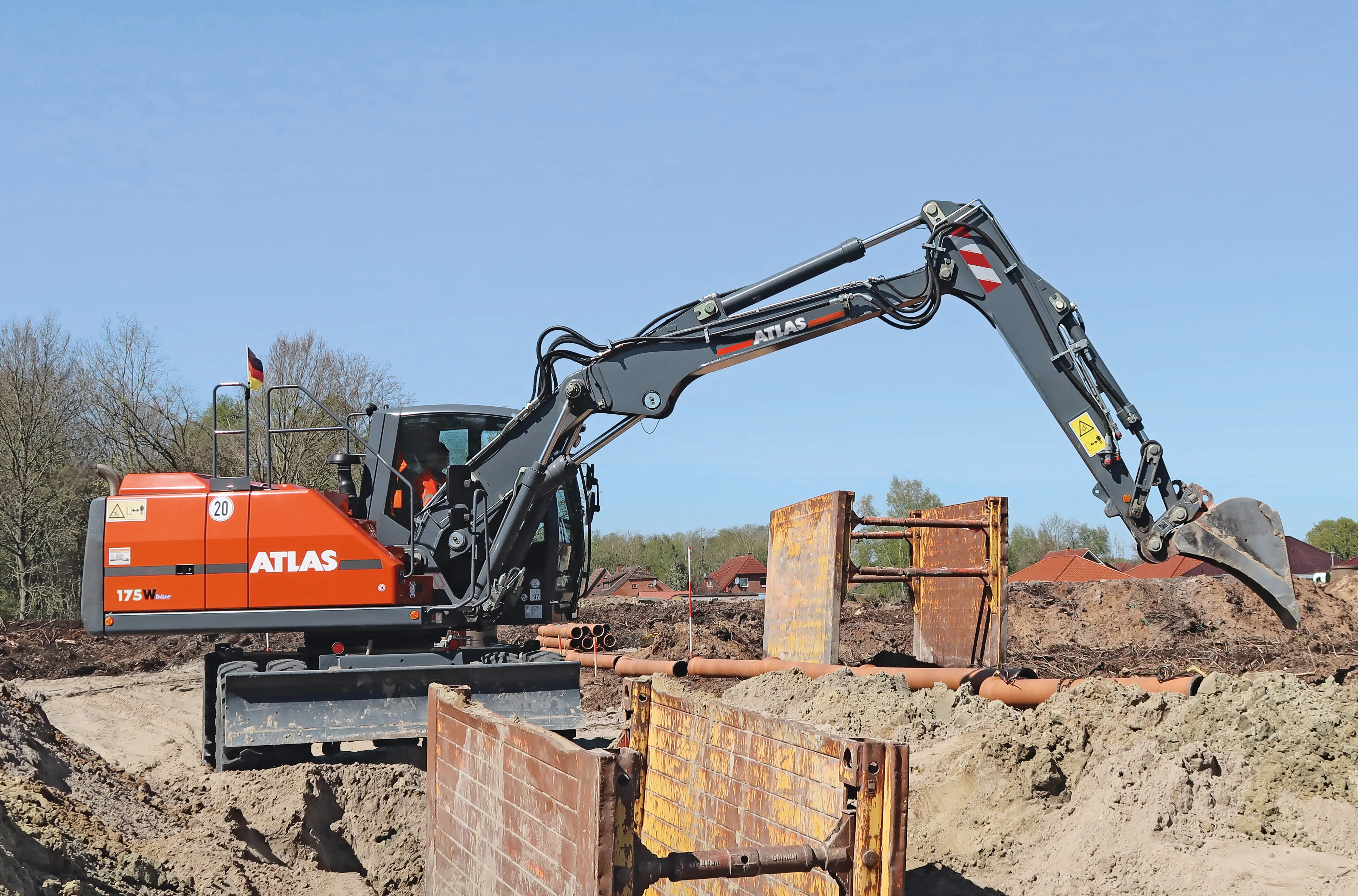Danish motorists are among the most environment-friendly within the EU, according to a new research by the Association of Danish Car Dealers, DAF. In 2012, a new car in Denmark emitted on average 117grams of CO2 per km. This is said to be a decline from 122grams in 2011. DAF's analysis is based on statistics provided by the Danish Statistical Office and the European Environmental Agency.
August 7, 2013
Read time: 1 min
Danish motorists are among the most environment-friendly within the 3287 EU, according to a new research by the Association of Danish Car Dealers, DAF. In 2012, a new car in Denmark emitted on average 117grams of CO2 per km. This is said to be a decline from 122grams in 2011.
DAF's analysis is based on statistics provided by the Danish Statistical Office and the European Environmental Agency.
DAF's analysis is based on statistics provided by the Danish Statistical Office and the European Environmental Agency.









